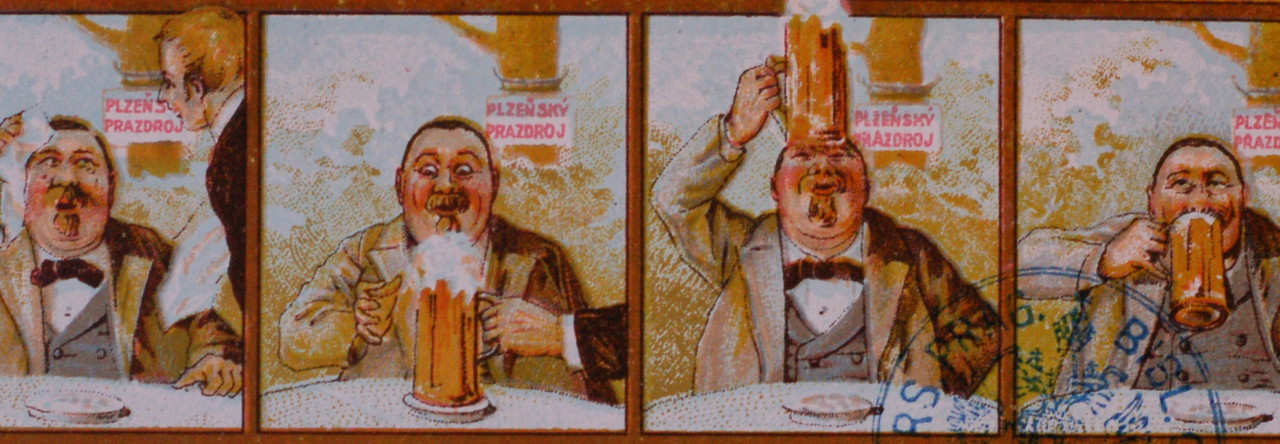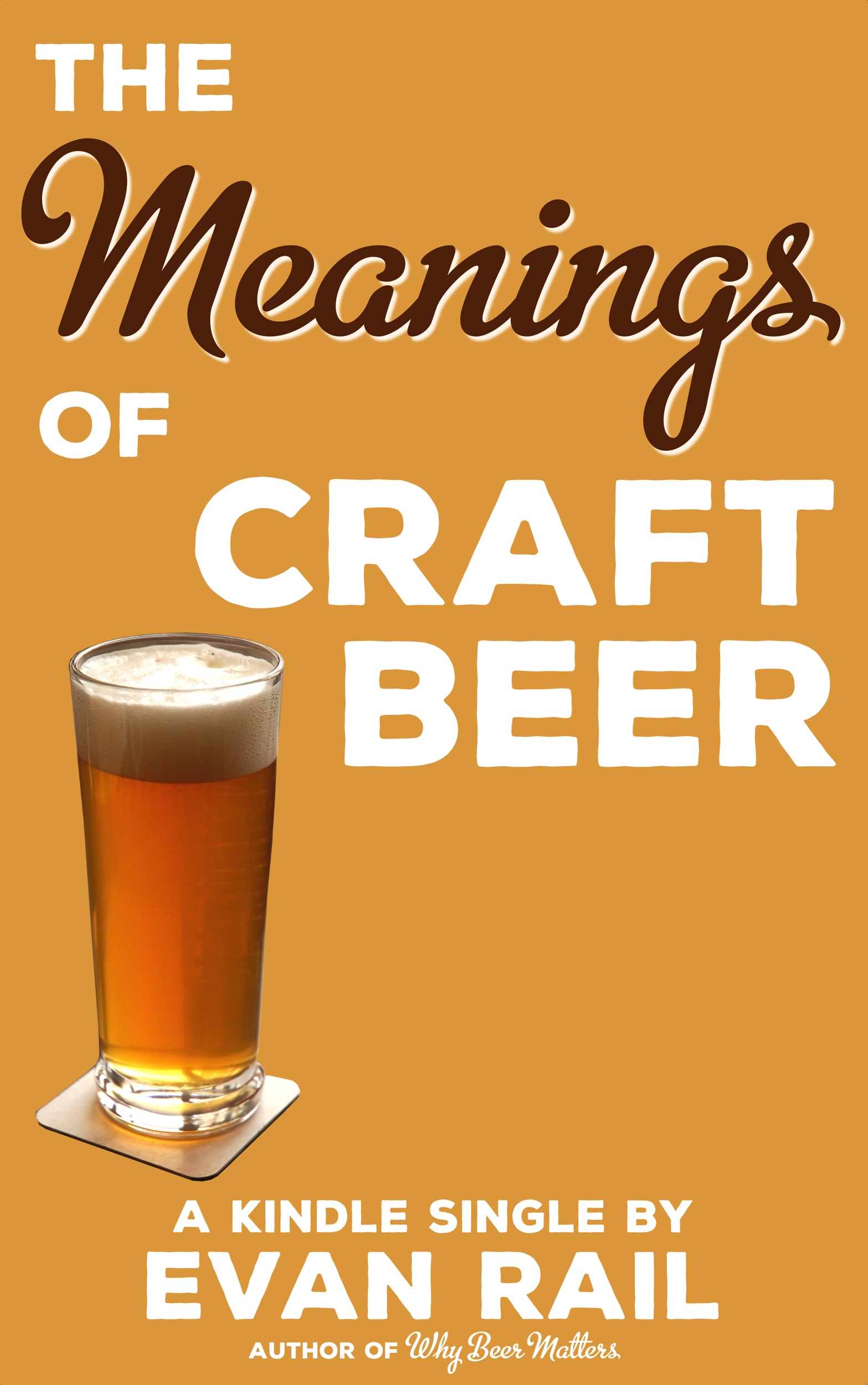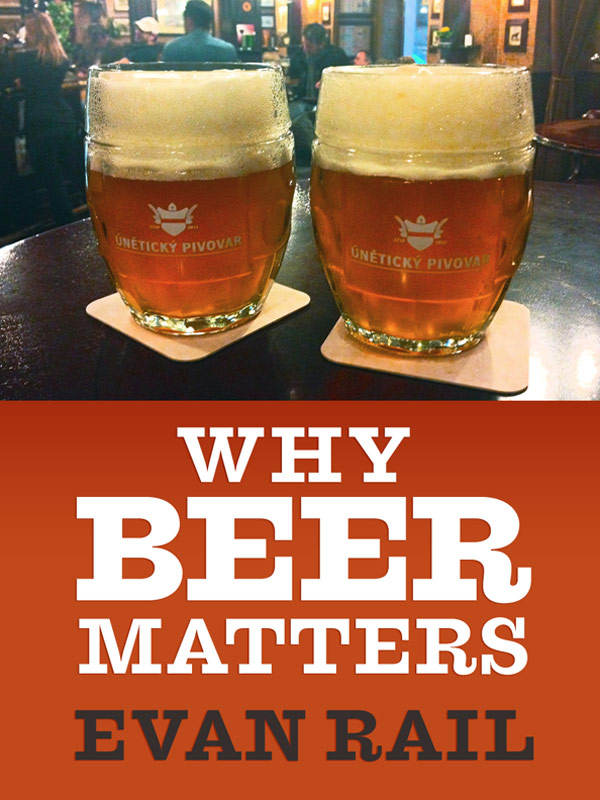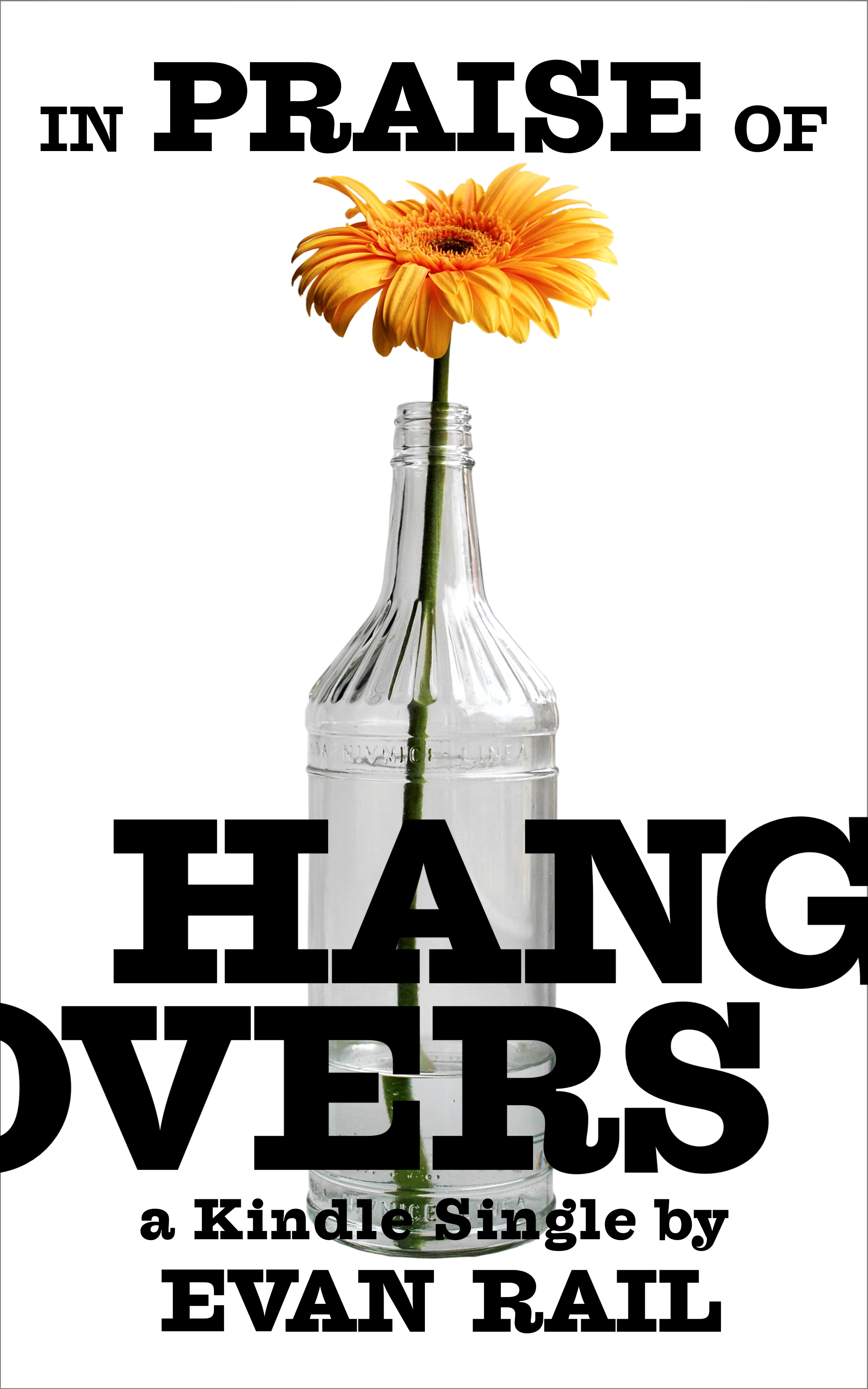
It took a few months, but my feature story on craft beer in Italy finally appeared in the NYT travel section this weekend. Seeing it, I started thinking again about Italian beer culture and how different it is to the Czech Republic and other countries which are better known for beer and brewing.
The point I stressed in my first post from the Italian beer trail is part of it: in Italy, the enthusiasm for beer is very high. But beyond mere enthusiasm is something that seems to be missing from the beer culture in the Czech lands and in Germany: education.
Take a look at the photo above, and in particular the big sign on the right. This was taken in the fabulous Eataly grocery store in Turin — a sort of massive, Italian take on Whole Foods — and the sign stands at the entrance right when you walk in, quite far from the store’s extensive beer department in the cellar.
The sign asks if you know the difference between Belgian white beer and German Weizenbier, and then goes on to explain the differences between the two styles in terms of ingredients, tasting notes, and suggested dishes to pair with each. It then lists some examples from its stock.

Please tell me if you’ve ever seen a display in any other grocery store which explains the nuances of two similar wheat beer styles.
I know that I’ve never found anything even remotely like that in the Czech Republic, though it sounds like a great idea: there isn’t much awareness that such things as beer styles even exist here, let alone beer styles beyond our borders. (And it’s not just the average consumer who remains in the dark. At a tasting last month in Prague, I heard a brewer mention to someone from the beer consumers’ movement that a particular Hefeweizen tasted like a Belgian wit, and the man from the consumer movement had to ask what that was.)
Of course, if you only sell one type of beer, there’s no need to educate consumers about what kind it is and the distinctions between it and another style. Considering the Czech Republic’s pale lager consumption rate of 95% and the country’s continuing mergers and brewery closures, I’m afraid most people would say there isn’t much point to beer education here.
But there are forces working against the tide. Last week I stopped by Tlustá Koala to try the new stout from Pivovar Kocour Varnsdorf. Not only did I recognize the distinctive Kocour logo and colors on the tap, but when I took my seat I was surprised to find a brochure from the brewery explaining just what a stout is, how it is made and how it should taste. “Don’t be afraid,” it said.
No, I thought. Suddenly I wasn’t afraid at all.




Velky Al
I wonder if part of the problem in the Czech Republic is that the majority of people are so convinced that Czech beer is the best in the world, and that Czech beer means only the pale lagers which dominate the market. I know plenty of people who down right refuse to believe that Pilsner Urquell, Gambrinus and Staropramen are foreign owned. When I was down at the Slunce ve Skle festival, there was a guy there who simply refused to accept that anything could be better than Pilsner Urquell.
pivnizub
The same problem exists here in Germany too. The majority of people in Germany are convinced that german brews are the best in the world, especially the lovers of Warsteiner and Brinkhoff’s No. 1 ….. They obviously do not know anything about beer and also heavily refuse to learn something about this delicious drink. Einmal Warsteiner, immer Warsteiner! But this problem is known in the “promised land” of Belgium, too. Most of the people stick to the blandest lagers there. The world-famous Gueuze and Trappist brews are mainly for the export ! In the U.K. the situation seems to be far better. Besides the inevitable macro-fizz there are lot of delicious brews in the pubs and many people seem to like the great selection of ales in these pubs.
pivnizub
By the way: It i s true, that nothing is better than Prazdroj, but only the unfiltered version from the wooden barrels in the deep, deep cellars of Pilsen ! ;-)
Lars Marius Garshol
That is quite amazing. For Norwegian consumers, a poster like this would be pretty much like one comparing the grammars of, say, Hebrew and Arabic. You’d have to start with the existence of wheat beers, and how they’re supposed to be cloudy, and take it from there.
In general, the concept of a beer style is not known here at all, and the dominance of pale lager is probably close to 95% here, too.
Honza
But even in Norway you can have good, well, great ales. I had few of them in Copenhagen during the European Beer festival and…amazing. try http://www.nogne-o.com/
Mark Tichenor
“I wonder if part of the problem in the Czech Republic is that the majority of people are so convinced that Czech beer is the best in the world, and that Czech beer means only the pale lagers which dominate the market”
That’s a German thing too, and really it stems from 600 years of insular brewing tradition, combined with an undercurrent of subconscious nationalism. When the only way to become a small-town brewer is to train under the last in a long line of brewers (who, for much of history, were probably your father and grandfather), the tendency for a homogenous beer culture is understandable. Couple that with a healthy dose of national pride, and there you go.
Joe
Hey, it even happens in Belgium. People in the long-established beer countries take their local stuff for granted. When a Belgian tells you that Belgian beer is the best in the world, you might agree, but he is more likely to be pointing at a can of Jupiler than a chalice of Westvleteren.
Knut Albert
It’s not strictly true, Lars Marius. You can have a Guinness Extra Cold, too, but that is for the very daring of us.
Umberto
Germans, Czechs and all other beer countries think they are the producers of the best ones. The average Italian on the other hand is famous for saying: “All beers taste the same” maybe that is why there is an explicit effort by a gourmet food chain to explain what products they put on the shelf and point out the differences among a German and a belgian wheat beer… Maybe it is easier to educate someone who is ignorant but does not have a large bias torwads one brand with respect to a person who believes that his favorite beer has no match (and probably is so proud that he does not dare to try foreign products)